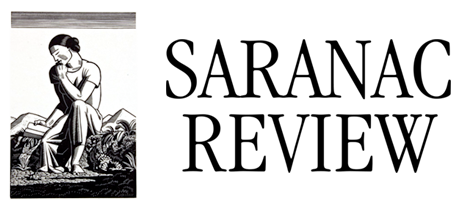Call for Submissions: SR Mini Issue, “Making Art in Times of Crisis”
James Baldwin wrote, discussing the creative process, that the primary distinction of the artist is that he must actively cultivate a state that most people avoid: the state of being alone. Baldwin’s “aloneness,” not as simple as solitude or withdrawal—perhaps in fact the opposite of these—is one I find especially meaningful. It is a call to a special kind of attentiveness; a refusal to naturalize the hostilities and inequities of the world, even in the face of crises so overwhelming as to seem inexorable.
It is in recognition of this predicament, the despair of the seemingly inexorable, that Toni Morrison once wrote of the importance of refusing to succumb to the malevolence of a “bruised and bleeding” world. Significantly, she saw its possibilities: “Like failure,” she stated, “chaos contains information that can lead to knowledge, even wisdom—like art.”
The significance of art as a means of grappling with strife, personal and societal, is not a novel idea. But it isn’t an uncomplicated one either. It can indeed be tempting to succumb. Often, crisis frustrates our attempts to register it, our methods of conveying it. The tasks of seeing and revealing (and in doing so, reshaping) are not without struggle—this is one of the conundrums that underlie (and impel) Baldwin’s message—but it is also for this reason that crisis can compel artistic innovation, novel poetics of resistance. “Chaos contains information.” The upheaval of the early twentieth century engendered new and disruptive ways of rendering subjectivity; the writings of anti-colonial intellectuals (in which I have been privileged to immerse myself recently) reconfigured ‘realism’ to challenge the ideologies of imperialism.
The upcoming mini-issue of the Saranac Review, (to be published in January 2024), invites prose pieces up to 7000 words (including flash fiction & cnf, photo essays, short stories, and longer form nonfiction) contemplating or embodying these questions: the information, knowledge, and wisdom contained in strife; specifically, the idea of “making art in times of crisis”; the challenges of rejecting silence and capitulation as we confront today’s world, with the ‘slow violence’ of environmental degradation, the horrors of armed conflict, the repression of vulnerable communities…and hopefully, the possibilities as well—for resistance, empowerment, solace, community—in which many of us find hope and inspiration.
Submissions are free, and open from Nov. 10-Nov. 18. All contributors will be paid $50.

